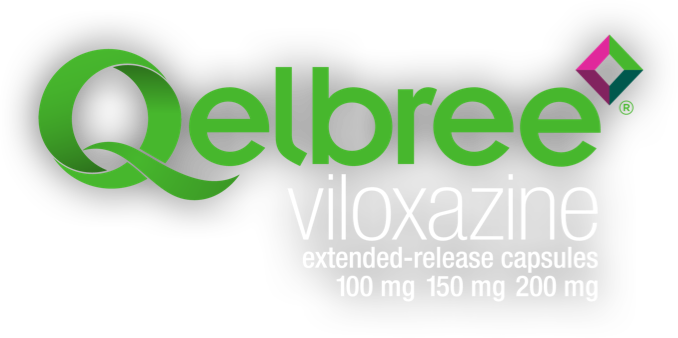
Qelbree for Adults with ADHD
Frequently Asked Questions
Find the answers to some common questions
Qelbree is a non-stimulant treatment for ADHD in adults and kids ages 6 years and older. It’s a once-a-day pill that has been proven to help significantly reduce symptoms of ADHD.
In a clinical trial in adults, the most common side effects were insomnia, headache, sleepiness, tiredness, nausea, decreased appetite, dry mouth, and constipation.
If you are taking Qelbree and plan on breastfeeding, talk to your doctor to see if Qelbree is right for you.
In the 6-week clinical trial, adults taking Qelbree met the goal of a significant reduction in ADHD symptom scores at the end of the study. For some adults, Qelbree reduced ADHD symptom scores as early as week 2.
In a clinical trial, Qelbree was proven to help reduce ADHD symptoms. By reducing the impact of ADHD symptoms, Qelbree may help with the everyday things that are complicated by your ADHD.
There are two ways to take once-a-day Qelbree. The capsule can be swallowed whole, or the capsule can be opened and the entire contents sprinkled on applesauce and must be all consumed within 2 hours. Contents can also be sprinkled on pudding and must be all consumed within 15 minutes. Do not cut, crush, or chew the capsules. Do not store for future use.
Follow the link below to see real stories from adults taking Qelbree.
Ready to talk to your doctor?
If you’re ready to ask about Qelbree, we’ve got your back.
